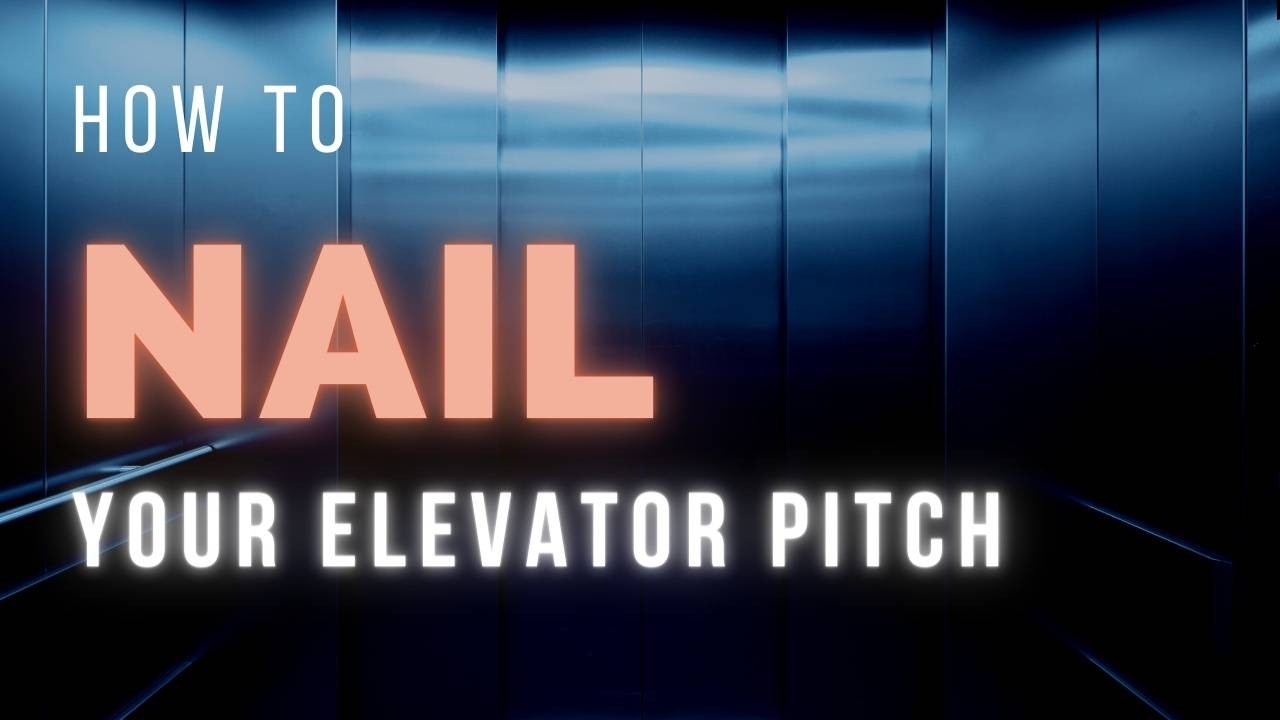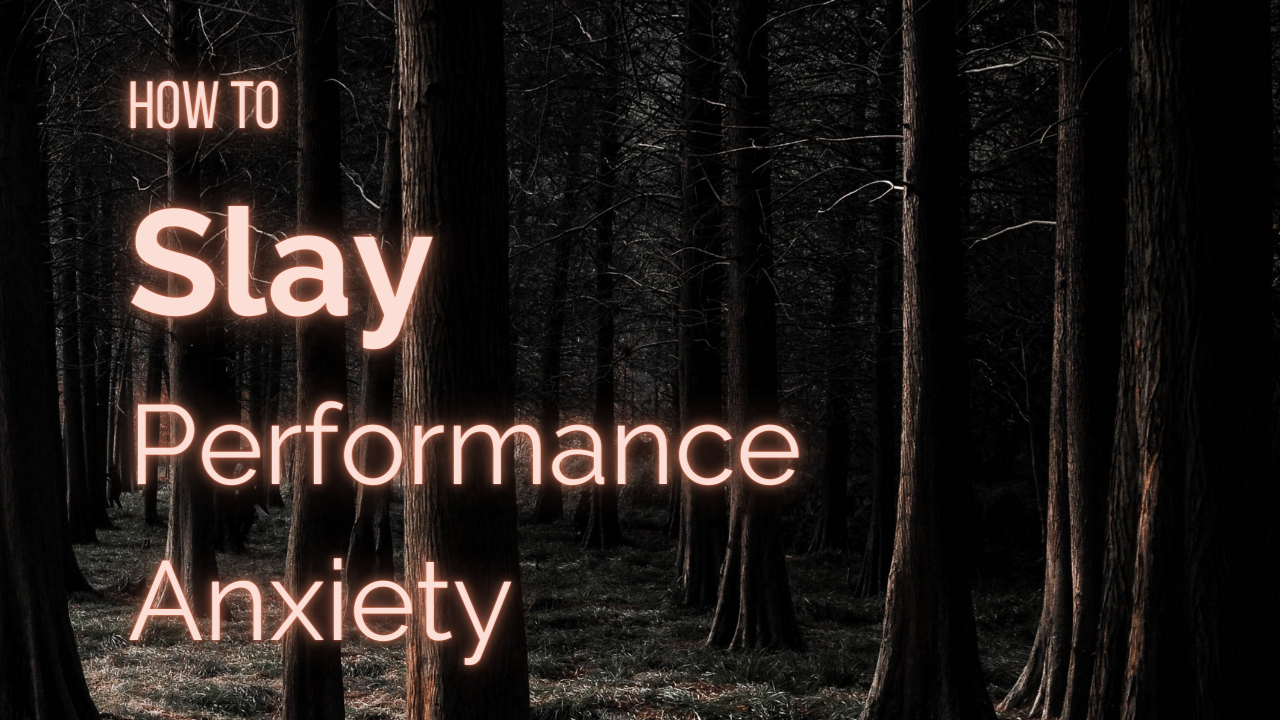Speak Masterfully Word of the Year 2025

Want to hear something that might make you mad?
Oxford recently came out with its word of the year, and that word is… (DRUMROLL):
RAGE BAIT (n)
online content deliberately designed to elicit anger or outrage by being frustrating, provocative, or offensive, typically posted in order to increase traffic to or engagement with a particular web page or social media
(Honestly, feels like a solid pick for 2025.)
I LOVE the word of the year tradition. As a lifelong word nerd, I think it’s such an incisive reflection prompt.
Think about it.
What would your personal word of the year be for 2025?
If you had to boil this whole year down to one word or phrase, what would you choose?
Look, I love a five-page journaling exercise as much as the next gal, but I do think there is something super clarifying about forcing yourself to narrow the focus this dramatically.
I do this for Speak Masterfully every year. I narrow down what word or phrase came up again and again in my coaching session...
I Don't Like Your Tone

Hey there!
Actually, sorry—maybe the exclamation point was too much...
Hey there,
No, that still doesn’t capture my enthusiasm...
Howdy!
Okay, now we’ve gone too folksy.
Tone is tricky, isn’t it?
One of the hardest things to master in both blog writing and public speaking is tone.
Maybe you’ve been on the receiving end of, “I don’t like your tone,” as a teenager.
That’s often our first lesson about tone: whatever we’re doing, it’s wrong.
Many of my public speaking clients wrestle with this. They say things like, “I feel like my personality doesn’t translate to Zoom,” or “I’m not sure if I’m striking the right tone in meetings.”
But I’ve found that 90% of the time, when I ask them to define what “the right tone” is, they can’t answer that question.
When it comes to tone, so many of us are trying to aim at a target we cannot see.
We believe there is such a thing as the right tone—but we haven’t yet put words to what that is.
And this is where things get messy...
I recent...
Waste Less Time Prepping for Speaking Engagements

"I'd love to learn how to become a more effective public speaker, but I just don't have time."
This is a sentiment I hear a lot as a public speaking coach, especially this time of year, as the weather gets nice and the siren song of the beach starts calling.
And look, I get it.
Skill-building sounds hard and time-consuming, and frankly, I'd rather go to a barbecue.
But here's the rub: investing time in honing a skill set is far more efficient than investing in honing a speech.
Paradoxically, I’ve found the people who claim they don’t have time to master the skill of public speaking are also the people who spend the most time preparing for individual presentations.
They'll spend weeks revising a pitch deck to within an inch of its life, only to show up at the big meeting and realize they don't have the right adapter to connect the projector.
They'll spend days memorizing a speech, only to end up sounding so robotic in their recitation that the whole room zones out immediately.
T...
Speak Before You Think: Public Speaking Hacks for Chronic Overthinkers

Are you a notorious straight-shooter who always says exactly what's on your mind without a moment's hesitation?
This blog is not for you.
Today, I want to talk to my overthinkers.
My friends who always think before they speak (sometimes to their own detriment).
Growing up, we're often told to “Think before we speak.”
This is excellent advice in general. Having a filter is a very useful thing in polite society. But, as with so many things in life, a trait that starts off as adaptive can very quickly become maladaptive.
Let’s talk about this idea of “the filter.”
When it comes to speaking, I like to think of verbal filters like curtains.
Each idea we have is a ray of sunlight.
In an ideal world, these rays are filtered through the curtain, letting an appropriate amount of light into the room.
People who have no filter often get in trouble for speaking without thinking.
They’ve built a house without curtains.
Sometimes the natural light can be refreshing, but often it’...
We're Defining "Public Speaking" All Wrong

I can’t tell you how many times a week I hear some version of the following statement:
“I don’t really do a lot of speaking. I mean–I have one-on-one conversations all the time, but the idea of speaking to a crowd TERRIFIES me.”
This statement always puzzles me.
(Not the part about public speaking being scary–that I totally get. Performance anxiety is a completely normal fight or flight response that I will get into later in this very email!)
No, the thing that puzzles me is the first half of that statement:
How can someone say that they “don’t do a lot of speaking” and immediately follow it up with “I have one-on-one conversations all the time”?
This is one of my biggest gripes about the field of Public Speaking.
Most of us are putting far too much emphasis on the word “Public.”
Public Speaking does NOT have to mean “speaking to a crowd.”
If you speak up in a team meeting of five people, you are a public speaker.
If you lead grace at the dinner table, you are a publi...
Drop the Jargon

One of the first things I ask a client when they tell me they’ve booked a speaking gig is, “What’s your goal for this event?”
For newer or nervous speakers, the top 2 responses I get are:
“I want people to see me as an expert in my field.”
or
“I want to sound smart.”
Totally fair.
Who doesn’t want to be viewed as an expert in their field?
But unfortunately, while this goal is completely understandable, it’s also completely doomed.
That’s right. The voice in your head telling you to aim for “sounding smart” is leading you down a dark path.
A path that ends in my biggest public speaking pet-peeve… jargon.
We’ve all heard it (and we’ve probably all used it in an insecure moment).
Jargon is defined as “special words or expressions that are used by a particular profession or group and are difficult for others to understand.”
Some professions are particularly susceptible to jargon, like lawyers, doctors, and techies.
But truth be told, no industry is immune from it.
I...
3 Impossibly Easy Stage Presence Hacks

I’ll be honest, I’ve found it pretty hard to build momentum this year. I’ve got a lot of exciting projects and collaborations in the works for 2022, but very few firm dates for anything.
With all the Omicron uncertainty, it feels like folks have been reluctant to put things on the calendar.
And I 100% get it. I’ve been dragging my feet on all sorts of commitments.
There are flights to be booked, calendars to be coordinated, and plans to be made.
It’s all going to get done, but I’m finding every stage more effortful than usual.
And I don’t think I’m alone in this.
I’ve been hearing it from my clients as well. This winter, everything has just felt a touch more effortful than usual.
Returning emails. Keeping the fridge stocked. Finding time for creative projects.
Usually they burst into the New Year feeling wildly motivated.
This year, they’re feeling motivated, but they’re also feeling tired.
Which is why I wanted to keep this week’s blog nice and easy.
I’m going to s...
How to Nail Your Elevator Pitch

“So, what do you do?”
If this question makes you break out in a cold sweat, read on!
Today we are talking about Elevator Pitches.
If you’ve ever gone to a networking event, you have most certainly seen an elevator pitch gone wrong.
Take Terse Tanya, for instance, who shuts down the conversation by not giving us enough information:
“Oh, I’m a lawyer.”
...
*Cue chirping crickets*
Or, even worse, Garrulous Gary, who gives us his whole life story:
“I’m an intellectual property attorney, but I got my start in tax law. Actually, it’s a funny story… when I was in undergrad, I majored in economics, but then... ”
*Five minutes later, he’s still talking but you have fully checked out.*
Obviously, neither of these situations is ideal.
So how do you strike a balance?
How do you answer the question, “What do you do?” in a way that is both succinct and engaging?
First, we need to slow down and figure out what target we’re aiming for.
What is the purpose of an elevator pitch?...
How To Slay Performance Anxiety

In honor of Halloween, I want to talk about a spooky subject that constantly graces my inbox...
Performance Anxiety.
You know the feeling. You step up to the mic or turn on your camera and suddenly it hits you:
- The racing heart
- The sweaty palms
- The tunnel vision
- The sudden deer-in-the-headlights look in your eyes
It's like you've just seen a ghost.
And then the spookiest thing of all happens...
Despite all the preparation you put into this presentation, you have this horrific realization:
You don't remember what you're supposed to say next.
👻 😱 👻
If you've ever experienced performance anxiety around public speaking (and I know I sure have), it really can feel like a supernatural event.
Especially if you normally have no problem speaking in front of a group.
I can't tell you how many times a client has come to me distraught and confused saying,
"I have no idea why I froze up during that presentation. I don't normally get nervous during those kinds of things!"
They're...
It's Too Damn Noisy in Here

How am I supposed to get through my presentation when everyone keeps talking? Try as I might, I can’t wrangle my thoughts and remember what’s on my next slide with this CONSTANT chatter.
It feels like every third word, someone is interjecting:
- “Sara, you tripped over that last sentence.”
- “Sara, there was a better way to say that.”
- “Sara, Gary looks bored.”
- “Sara, this isn’t how you practiced it at home.”
- “Sara, this is a disaster. Just speed through and put everyone out of their misery.”
It is too damn loud in here.
...Of course, by “in here,” I mean in my own head.
That’s right. Today we are talking about that chatty inner-critic.
We all have one. Some are chattier than others, but one thing all inner-critics have in common is this:
They are supremely unhelpful while you are presenting.
Don’t get me wrong, there is a time and a place for constructive criticism. However, that time is NOT in the middle of your presentation.
It’s impossible to connect and ...


